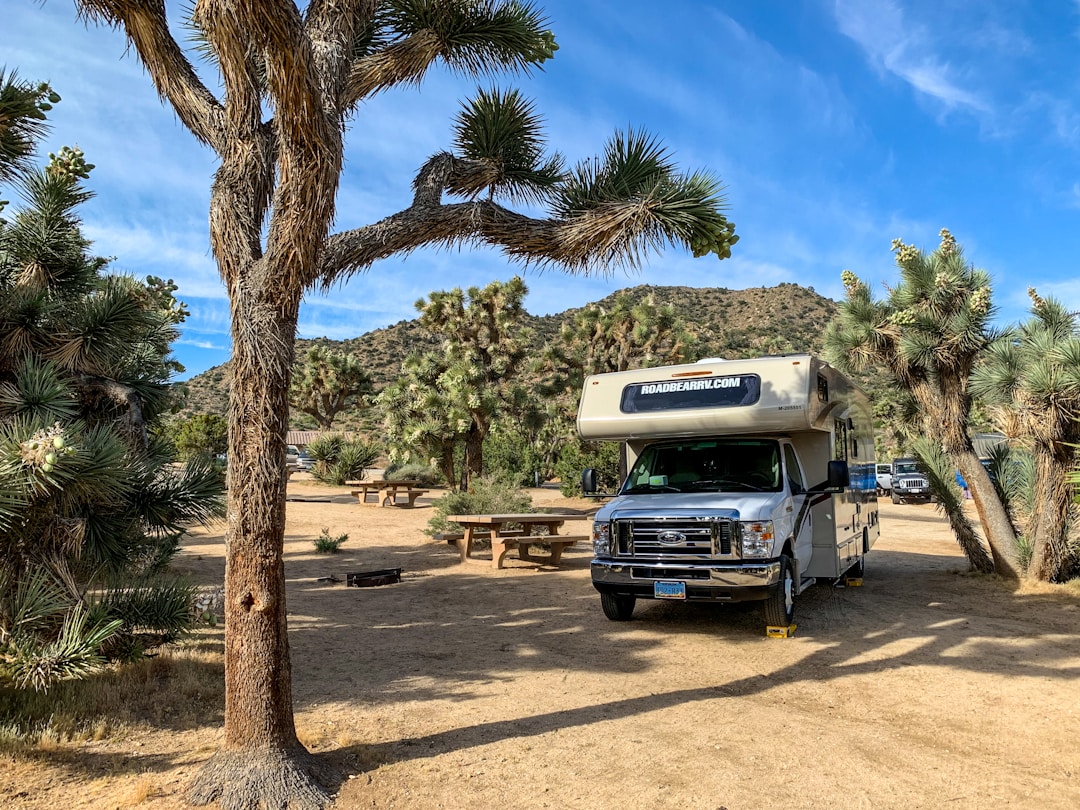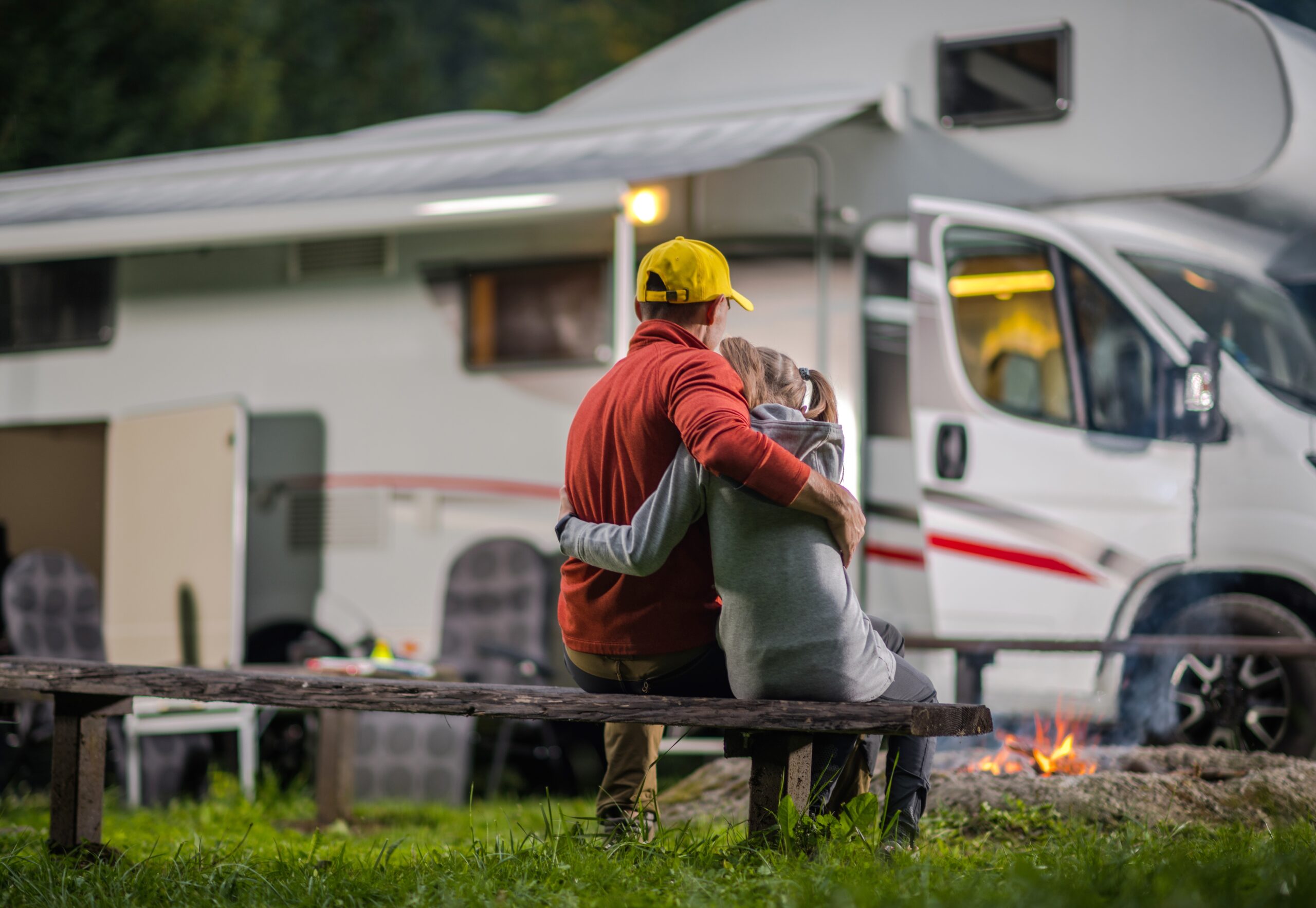Everything You Need For Your Cross-Country RV Roadtrip
Embarking on a cross-country road trip in your recreational vehicle (RV) is an exhilarating way to experience the vast, diverse landscapes of North America. The freedom of the open road, the ability to discover hidden gems, and the convenience of carrying your own mobile accommodation and facilities are just a few of the unique perks of RV travel. However, such a journey requires careful preparation to ensure that you enjoy a comfortable, safe, and memorable adventure. In this article, we will guide you through everything you need to know and prepare for your cross-country RV road trip.
Ensuring a Safe and Smooth Journey
Before setting off on any road trip, especially a cross-country one, safety is paramount. Start by conducting a thorough inspection of your RV to ensure that it’s in optimal condition. This includes checking the tires, engine, brakes, lights, and all the systems, including water, gas, and electricity. An extended warranty for RV vehicles can be incredibly valuable here, providing extra peace of mind by covering repair costs that could crop up along the way.
Furthermore, invest in quality safety equipment like fire extinguishers, first aid kits, and carbon monoxide detectors. Additionally, it’s crucial to plan your route carefully, accounting for the size and capabilities of your RV, weather conditions, and the availability of suitable campsites and RV parks.
Investing in Comfort and Convenience
While the allure of an RV road trip lies largely in the idea of being free and self-sufficient, it doesn’t mean you have to sacrifice comfort. Selecting the right RV accessories can elevate your road trip experience significantly. For instance, a quality mattress can ensure a good night’s sleep, making long driving days much more bearable. Likewise, a well-equipped kitchen can make meal preparation easier, saving you money and giving you healthier dining options on the road.
Technology can also enhance the convenience of your road trip. GPS systems designed for RVs can guide you along suitable routes, help you locate RV parks, and even alert you to low-clearance bridges. WiFi boosters and solar chargers can keep your devices connected and powered, allowing you to work, stay entertained, or contact help if necessary.
Staying Prepared for All Weather Conditions

One of the challenges of cross-country RV travel is dealing with a variety of weather conditions. Depending on the time of year and your route, you might encounter everything from sweltering heat to freezing snow. Therefore, it’s important to outfit your RV for all possible weather conditions.
For hot weather, consider investing in a high-quality air conditioning system, awnings for extra shade, and insulated window covers. For cold weather, a reliable heating system is essential. Insulated skirting can also help prevent your RV’s pipes from freezing. Rainwear, umbrellas, and waterproof shoe covers can make stepping out in rainy conditions more comfortable.
Pack Essentials and Extras
When it comes to packing for your RV road trip, the key is to strike a balance between what’s essential and what’s not. You’ll obviously need clothing, toiletries, food, and other daily necessities. It’s also advisable to carry a range of tools for minor repairs, spare parts, and a reliable flashlight.
But packing only the bare minimum can rob your trip of fun and spontaneity. For instance, outdoor gear like camping chairs, a portable grill, and bicycles can enrich your RVing experience. Board games, books, or a guitar can provide entertainment during downtime, especially on rainy days or quiet nights. A pair of binoculars can come in handy for bird watching or simply enjoying scenic vistas.
Navigating Local Regulations and Etiquette
Understanding and complying with local regulations and etiquette can make your RV road trip more pleasant and stress-free and give you peace of mind. This includes rules about where and when you can park your RV, speed limits specific to RVs, and regulations regarding grey and black water disposal.
Similarly, observing campground etiquette—like maintaining quiet hours, respecting others’ space, and leaving no trace—can help create a harmonious community atmosphere wherever you go. It’s also a good idea to research specific rules and norms for each state or province you’ll be passing through.
Securing Your RV and Belongings
Finally, while the RV community is generally safe and friendly, it’s always wise to take steps to secure your RV and belongings. Invest in quality locks for your RV and outdoor storage compartments. Avoid displaying expensive items openly, and store them out of sight when you’re away from your RV. It’s also worthwhile to keep your important documents, cash, and credit cards in a hidden safe. Moreover, never leave your RV unattended and unlocked, even if you’re just stepping out briefly.
Exploring the Benefits of Membership and Subscription Services

As you traverse the country in your RV, consider tapping into various membership and subscription services designed specifically for the RV community. These services can dramatically enhance your road trip experience while also making it more cost-effective.
For instance, RV club memberships often provide valuable perks such as discounted campsite fees, fuel discounts, roadside assistance, and more. Certain memberships even offer exclusive access to unique campgrounds, meet-ups, and rallies, providing opportunities to connect with fellow RVers.
Subscription services can also make RV life more enjoyable. For example, a National Parks Pass can grant you access to over 2,000 federal recreation sites across the United States, and streaming services can provide entertainment for those rainy days or relaxing evenings in your RV.
Adapting to Life on the Road
Life on the road is inherently different from a conventional lifestyle, and it might take some time to adjust. One of the most significant shifts is the constant change—in scenery, weather, local cultures, and even time zones. Embrace this change, and you’ll find that it’s part of the beauty of road-tripping.
Maintaining a daily routine can help create a sense of normalcy amidst this change. This can include regular meal times, exercise, leisure activities, and sleep schedules. At the same time, stay flexible, as the charm of RV travel often lies in unplanned detours, surprise discoveries, and spontaneous adventures.
Building a Road Trip Itinerary
While the idea of hitting the road with no set plan has a certain romantic appeal, it’s generally recommended to have at least a basic itinerary for your cross-country journey. This doesn’t mean you need to schedule every minute, but having a plan can help ensure that you don’t miss must-see locations or find yourself without a place to stay.
Begin with your start and end points, and then identify the major US attractions you want to visit along the way. Be realistic about your daily driving time to avoid fatigue, and remember to account for time spent exploring attractions, meals, and rest. Include some rest days in your itinerary to relax and simply enjoy your surroundings.
The Road Awaits
With your safety measures in place, comfort and convenience optimized, weather considerations addressed, essentials packed, local regulations researched, and security ensured, you’re now ready for your cross-country RV road trip. While the preparation may seem daunting, it pales in comparison to the thrill, enjoyment, and sense of freedom you’ll experience on the open road.
As a parting tip, remember that every journey comes with unexpected surprises—some delightful, others challenging. Embrace them all, for they are the essence of the great RV road trip adventure. And, perhaps most importantly, don’t forget to soak in the scenery, make lasting memories, and enjoy every moment of your journey. After all, in the world of RV travel, the journey is just as important as the destination.




